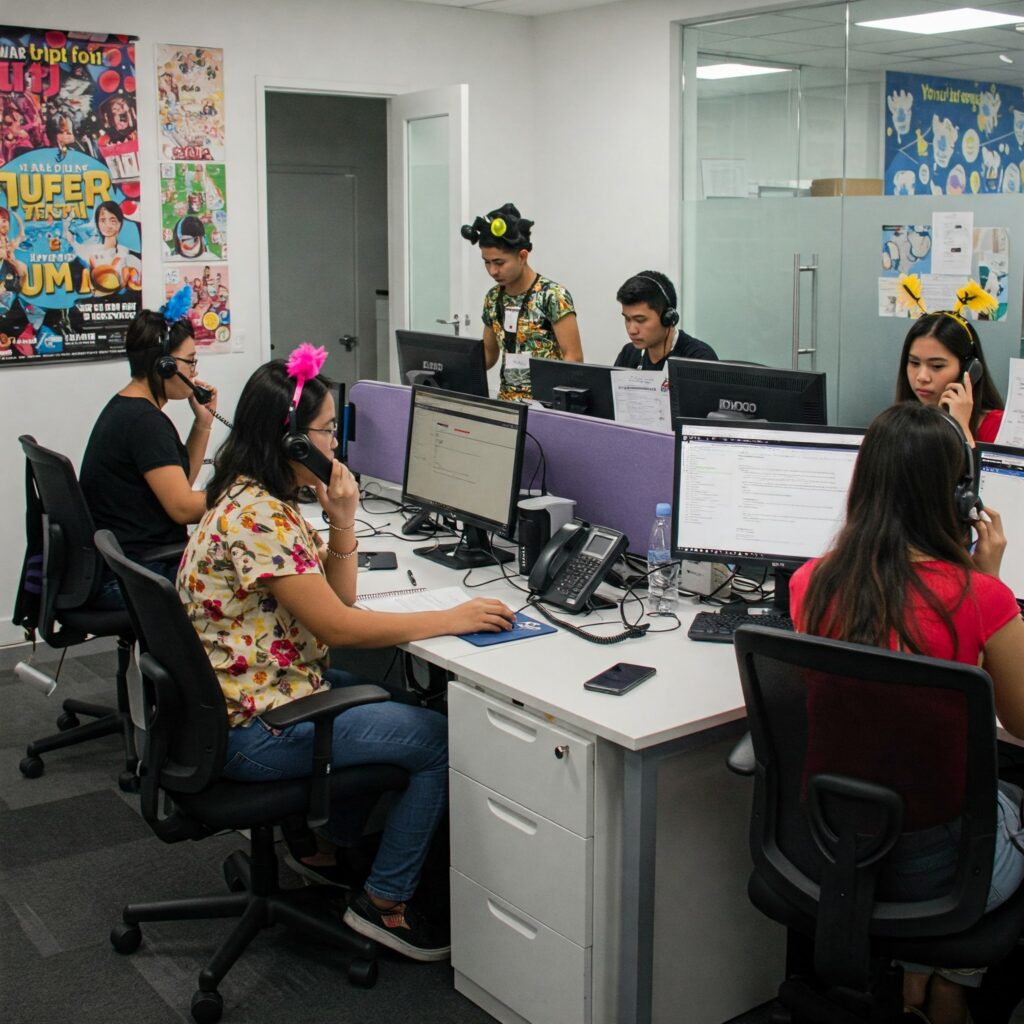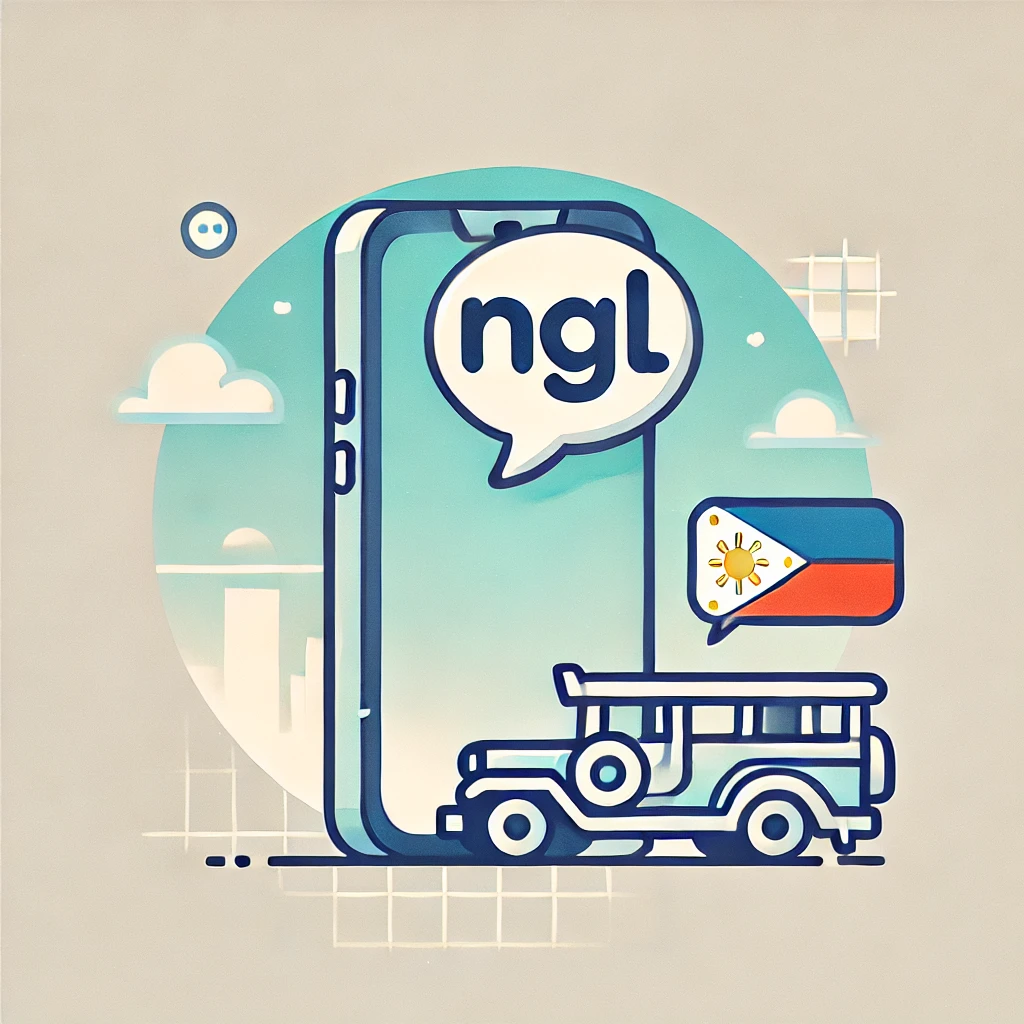Ever wondered how the Philippines became a global hotspot for call centers and other business processes? Well, buckle up, because we’re about to dive headfirst into the fascinating world of the Business Process Outsourcing (BPO) sector in the Philippines, a major economic driver that’s not just about answering phones (though there’s plenty of that too!). Get ready for a fun, fact-filled journey, sprinkled with a dash of Filipino humor, as we explore how this industry has transformed the nation and continues to shape its future.
From Humble Beginnings to Global Powerhouse
It wasn’t always glitz and glamour for the Philippine BPO industry. It started small, with a few pioneering companies taking a chance on Filipino talent. Think of it like that underdog story everyone loves, except this underdog grew up to be a heavyweight champion! The seeds were sown in the late 20th century, with the government recognizing the potential of this sector and laying the groundwork for its growth. This included investing in infrastructure, education, and creating a favorable business environment. It’s like planting a tiny seed and watching it grow into a giant mango tree – delicious and fruitful!
Why the Philippines? It’s More Fun (and Efficient!)
So, what’s the secret sauce? Why did companies from all over the world decide that the Philippines was the place to be? Well, several factors contributed to this phenomenon. First, Filipinos possess a natural affinity for communication and customer service. We’re known for our warmth, friendliness, and ability to connect with people from different cultures. It’s in our blood! Think of it as our superpower. Plus, English is widely spoken, making communication a breeze.
Beyond that, Filipinos are highly educated and adaptable. We’re quick learners and eager to embrace new technologies. It’s a potent combination that makes us ideal for a wide range of BPO services, from call centers and IT support to finance and healthcare. And let’s not forget our strong work ethic. We’re dedicated, hardworking, and always ready to go the extra mile. We even have a name for it: “diskarte,” that unique Filipino way of finding solutions and getting things done.
The Economic Impact: More Than Just Call Centers
The BPO sector has become a major contributor to the Philippine economy, providing employment to millions of Filipinos. It’s not just about call centers anymore. The industry has diversified into a wide array of services, including:
- Customer Relationship Management (CRM): Handling customer inquiries, providing support, and building relationships.
- Information Technology (IT) Services: Providing technical support, software development, and network management.
- Finance and Accounting: Handling payroll, accounting, and financial analysis.
- Healthcare: Providing medical transcription, claims processing, and telehealth support.
- Creative Services: Graphic design, animation, and content creation.
This diversification has made the industry more resilient and less reliant on any single service. It’s like having a diverse investment portfolio – you’re not putting all your eggs in one basket.
By the Numbers: The BPO Boom in Figures
Let’s take a look at some hard data to illustrate the scale of the BPO industry in the Philippines:
| Statistic | Data | Source |
|---|---|---|
| Number of BPO employees | Estimated at over 1.3 million | Various industry reports, including those from the IT and Business Process Association of the Philippines (IBPAP) |
| Revenue Contribution | Approximately $30 billion annually | Nexford University Insights (nexford.edu) |
| Global Market Share | Holds 10-15% of the global BPO market | KDCI Outsourcing (kdci.co) |
| Projected Growth | Expected to reach 1.7 million full-time employees and $35.9 billion in revenue by 2023 | Magellan Solutions (magellan-solutions.com) |
| Future Outlook | Aims for over $59 billion in revenue and an additional one million jobs by 2028 | Unity Communications (unity-connect.com) |
Note: Actual figures may vary depending on the source and specific year. It is advisable to consult official government statistics for the most up-to-date and accurate data.
These statistics underscore the significant role the BPO industry plays in the Philippine economy, highlighting its rapid growth and substantial contributions to employment and revenue.
Challenges and Opportunities: Navigating the Future of BPO
Like any industry, the BPO sector faces its share of challenges. One major concern is the impact of automation and artificial intelligence (AI). While these technologies can improve efficiency, they also raise questions about job displacement. However, many experts believe that AI will augment, rather than replace, human workers. The key lies in upskilling and reskilling the workforce to adapt to the changing demands of the industry. Think of it as evolving, not becoming extinct! We need to focus on developing skills that complement AI, such as critical thinking, problem-solving, and creativity.
Another challenge is maintaining the industry’s competitiveness in the face of rising costs and increasing competition from other countries. The Philippines needs to continue to invest in infrastructure, education, and innovation to stay ahead of the game. It’s a global race, and we need to keep our running shoes on!
Despite these challenges, the future of the BPO sector in the Philippines looks bright. The industry is expected to continue to grow, driven by increasing global demand for outsourcing services. New areas of growth include data analytics, cybersecurity, and cloud computing. These emerging fields offer exciting opportunities for Filipino professionals. It’s like discovering a new continent – full of potential and possibilities!
The Human Touch: Why Filipinos Make the Best BPO Professionals
Beyond the technical skills and qualifications, there’s something special about Filipino BPO professionals. It’s the human touch, the genuine care and concern that we bring to our work. We’re not just robots reading scripts; we’re people connecting with other people. We’re known for our empathy, patience, and ability to handle even the most difficult customers with a smile. It’s our “bayanihan” spirit – that sense of community and willingness to help others – that makes us stand out.
And let’s not forget our infectious optimism and sense of humor. We can find a reason to smile even in the most challenging situations. It’s this positive attitude that makes working with Filipinos a truly enjoyable experience. We’re not just colleagues; we’re friends, and we treat our customers like friends too.
More Than Just a Job: The Impact on Filipino Lives
The BPO sector has had a profound impact on Filipino lives. It has provided opportunities for millions of Filipinos to earn a good living and support their families. It has lifted many families out of poverty and contributed to the growth of the middle class. It’s not just about the money; it’s about the sense of purpose and dignity that comes with having a stable job.
The BPO industry has also contributed to the development of new skills and expertise among Filipino workers. It has exposed them to global best practices and helped them to become more competitive in the international job market. It’s like a training ground for future leaders and entrepreneurs.
A Toast to the BPO Industry: Mabuhay!
So, there you have it! The BPO sector in the Philippines is a force to be reckoned with. It’s a major engine of economic growth, a source of employment for millions, and a testament to the talent and resilience of the Filipino people. It’s an industry that’s constantly evolving, adapting, and innovating. And it’s an industry that we can all be proud of.
From humble beginnings to global powerhouse, the Philippine BPO sector has come a long way. It’s a story of hard work, dedication, and a little bit of Filipino magic. So, the next time you talk to someone in a call center, remember that you’re talking to someone who’s contributing to the growth of the Philippine economy and making a difference in the lives of countless Filipinos. Mabuhay!
Disclaimer: While every effort has been made to ensure the accuracy of the information presented in this blog post, the author and publisher do not guarantee its completeness or reliability. The data and statistics provided are based on publicly available sources and are intended for informational purposes only. Readers are advised to conduct their own research and verify the information before making any decisions based on it. Report any inaccuracies to us so we can correct them promptly.




